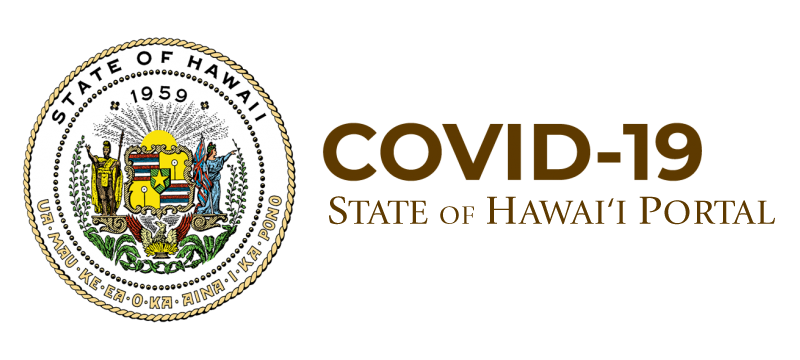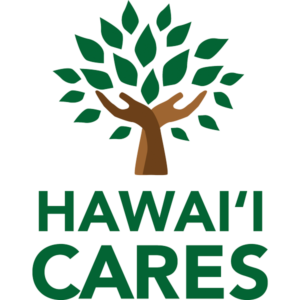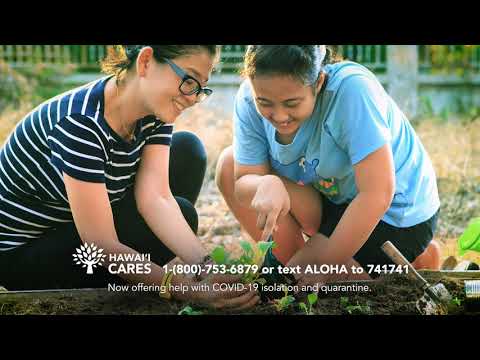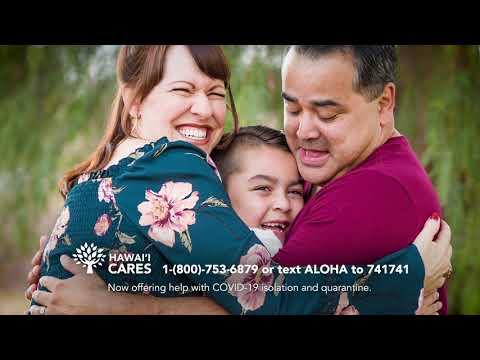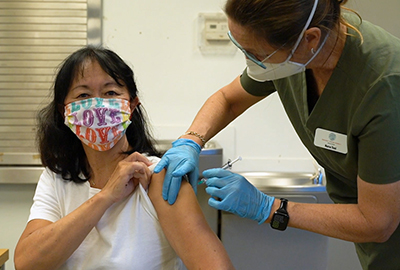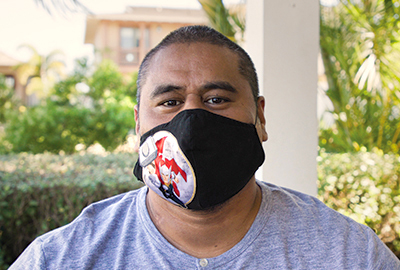Emotional Wellness
Need to talk to someone?
If you are feeling overwhelmed, sad, anxious, or if you feel like harming yourself or others, reach out to a family member or friend that you trust. Sometimes talking to someone can make all the difference. Check out these conversation starters.
Hawai’i CARES has trained, caring staff are available 24/7 to support you and share helpful resources including crisis support, mental health resources, and substance use treatment services.
Hawai’i CARES – Available 24/7 (formerly the Crisis Line of Hawai‘i)
Call 9-8-8 or 1 (800) 753-6879 or text ALOHA to 741741
Crisis Support | Mental Health Resources | Substance Use Treatment
Call 9-1-1 if you or the person you are helping is in immediate danger.
Managing stress during COVID-19
COVID-19 is changing life for all of us. You may feel anxious, stressed, worried, sad, bored, depressed, lonely or frustrated in these circumstances.
You’re not alone.
Support your mental health utilizing these key strategies:
- Limit your intake of information from news sources about the virus, and consider taking breaks from it.
- Maintain daily contact with loved ones like friends, family or others, by phone, text, or internet.
- Treat your body kindly:
- Exercise: Make sure to get 60 minutes of physical activity every day. It doesn’t have to be all at one time.
- Sleep well: Get sufficient, high-quality sleep. Going to bed and waking up at the same time each day can help you get a good night’s rest.
- Eat nutritiously: Balance your nutrition by making sure that half of your plate is made up of fruits and vegetables.
- Be Mindful: Practice mindfulness for 20 minutes twice a day. Try meditation, yoga, or prayer, or find another method that works best for you.
- Reach out if you need support. Call your health care provider if depression or anxiety interferes with your daily activities. Or call 1 (800) 753-6879 or text ALOHA to 741741 for crisis support, mental health resources, or if you need substance use treatment services.
Learn more strategies for dealing with stress.

Limit intake of information

Daily contact with loved ones

Treat your body kindly

Reach out for support
Helping keiki navigate stress
Children may be more vulnerable to the harmful effects of stress than adults, and most often, they aren’t able recognize or verbalize it. Irritability, difficulty focusing, insomnia or changes in appetite can be signs of stress.
If you notice changes in your child’s behavior, take these steps:
- Remain calm. Remember that children will react to both what you say and how you say it. They will pick up cues from the conversations you have with them and with others.

- Reassure children that they are safe. Let them know it is okay if they feel upset. Share with them how you deal with your own stress so that they can learn how to cope from you.
- Make yourself available to listen and to talk. Let children know they can come to you when they have questions.
- Avoid language that might blame others and lead to stigma.
- Pay attention to what children see or hear on television, radio, or online. Consider reducing the amount of screen time focused on COVID-19. Too much information on one topic can lead to anxiety.
- Provide information that is truthful and appropriate for the age and developmental level of the child. Talk to children about how some stories on COVID-19 on the Internet and social media may be based on rumors and inaccurate information. If they are attending school, discuss any new actions that may be taken at school to help protect children and school staff.
- Teach children everyday actions to reduce the spread of germs. Remind children to wash their hands frequently and stay away from people who are coughing or sneezing or sick. Also, remind them to cough or sneeze into a tissue or their elbow, then throw the tissue into the trash.
Learn more about helping children cope with emergencies.
Find a mental or behavioral health provider
If you have health insurance or MedQUEST, call the number on your health plan membership card to schedule a visit or telehealth appointment with a mental health provider. For help finding what services are covered, contact your health plan or Med-QUEST Eligibility Branch.
If you are over the age of 60 or if a caregiver of someone over 60, your county’s Executive Office on Aging’s service line can help you find information and assistance in your area.
Hawai‘i UTelehealth offers both mental health and COVID-19 screening services. Contact them to connect with a professional if you need to talk.
